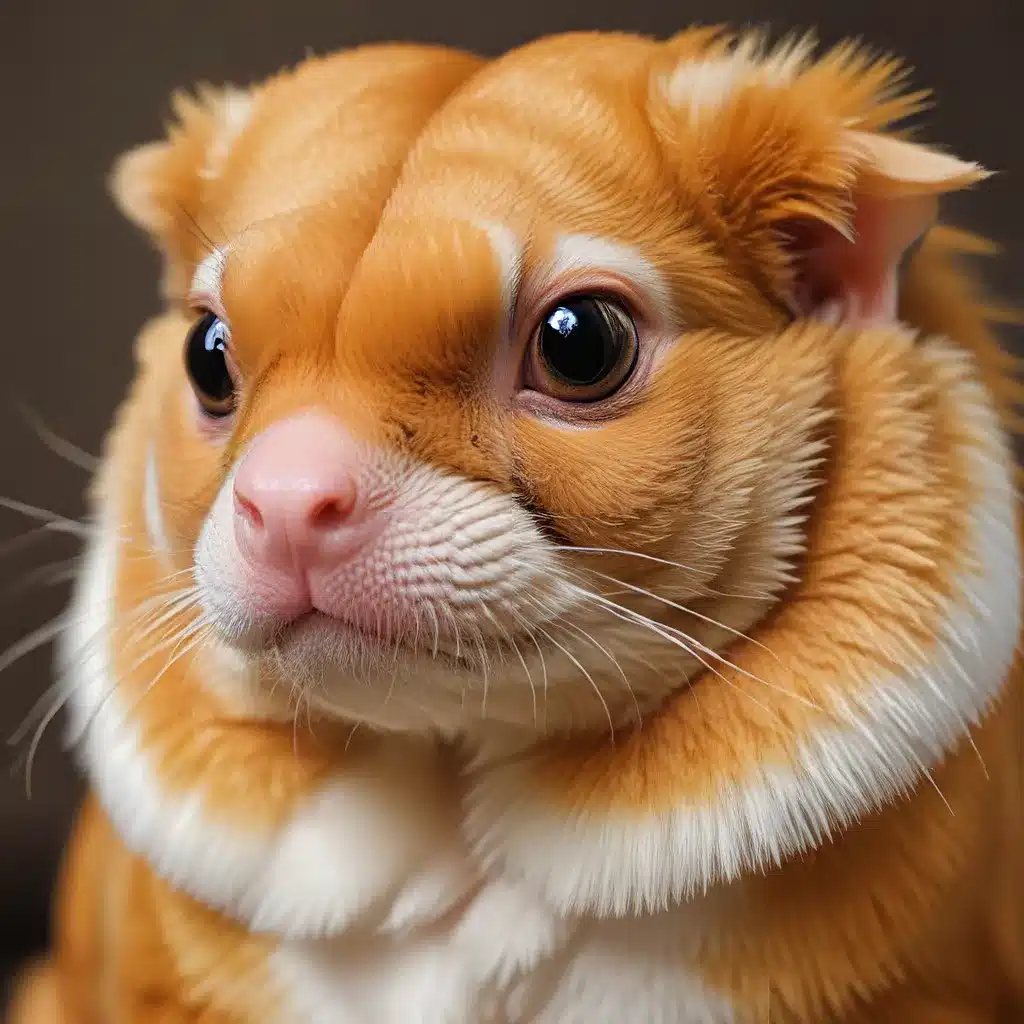
Navigating the Unexpected: Ensuring Your Exotic Pets’ Future
As an exotic pet enthusiast, I’ve learned that caring for our feathered, scaled, or furry companions is a true labor of love. We go to great lengths to ensure their well-being, from carefully crafting their habitats to researching their unique dietary needs. But have you ever considered what would happen to your exotic pets if something unexpected were to happen to you? Enter the world of estate planning – a crucial, yet often overlooked, aspect of responsible exotic pet ownership.
The Importance of Planning Ahead
Imagine this scenario: you’ve spent years building a thriving collection of rare and captivating creatures, each with their own distinct personalities and care requirements. Now, picture yourself suddenly incapacitated or, worse, no longer with us. Who would step in to ensure your beloved pets receive the specialized attention they require? This is where estate planning comes into play, and it’s a topic that deserves our utmost attention.
Uncovering the Legal Landscape
The world of exotic pet ownership is a complex one, with a patchwork of state and local laws governing everything from the types of animals permitted to the licensing and care requirements. In Massachusetts, for example, the law requires certain exotic pets to be registered and imposes strict guidelines on their housing and handling. Failure to comply can result in hefty fines or even the confiscation of your animals.
Crafting a Comprehensive Plan
When it comes to estate planning for exotic pet owners, the first step is to familiarize yourself with the relevant laws in your area. This will help you understand the legal obligations and potential hurdles you may face in ensuring your pets’ continued care. From there, you can begin to build a comprehensive plan that addresses key considerations, such as:
Designating a Caretaker: Identifying a trusted individual or organization who can seamlessly take over the care of your exotic pets in the event of an emergency or your passing. This person should be well-versed in the specific needs of your animals and have the necessary resources to provide for their ongoing well-being.
Establishing a Pet Trust: Many states, like Oregon, allow for the creation of pet trusts, which ensure that funds are set aside specifically for the care of your animals. This can provide peace of mind knowing that your exotic pets will be taken care of, even if you’re no longer able to do so yourself.
Documenting Care Instructions: Compiling detailed information about the unique needs of your exotic pets, from feeding schedules and habitat requirements to any medical conditions or behavioral quirks. This will be an invaluable resource for your designated caretaker, helping to ensure a seamless transition in your absence.
Considering Contingency Plans: What if your primary caretaker is unavailable or unable to fulfill their duties? Developing a backup plan, such as identifying alternative caregivers or researching reputable exotic animal sanctuaries, can provide a safeguard against the unexpected.
Navigating the Emotional Landscape
Contemplating the future of your exotic pets can be an emotional and daunting task. After all, these animals are often more than just pets – they’re members of our family, each with their own endearing qualities and central roles in our lives. The bond between exotic pet owners and their animals is unique, and the prospect of their well-being being uncertain can be deeply unsettling.
However, by taking proactive steps to protect your pets’ future, you can find solace in knowing that you’ve done everything in your power to ensure their continued care and comfort. It’s a testament to the depth of your love and commitment, and a gift that will outlive us all.
Putting the Plan into Action
Once you’ve carefully crafted your estate plan, it’s time to put it into motion. This may involve consulting with an attorney to ensure that your legal documents, such as a pet trust or will, are properly executed. It’s also crucial to regularly review and update your plan as your pets’ needs or your own circumstances change.
Remember, the key to a successful exotic pet estate plan is to approach it with the same level of dedication and attention to detail that you bring to caring for your animals day-to-day. By taking this proactive approach, you’re not only safeguarding your beloved companions’ future, but also honoring the incredible bond you’ve built with them over the years.
So, let’s raise a glass (or a cricket-filled dish) to the future of our exotic pets – may they continue to thrive and captivate us for years to come, no matter what life may bring. And remember, Golden Exotic Pets is always here to support you on your journey as an exotic pet enthusiast, whether it’s researching the latest care techniques or navigating the complexities of estate planning.

